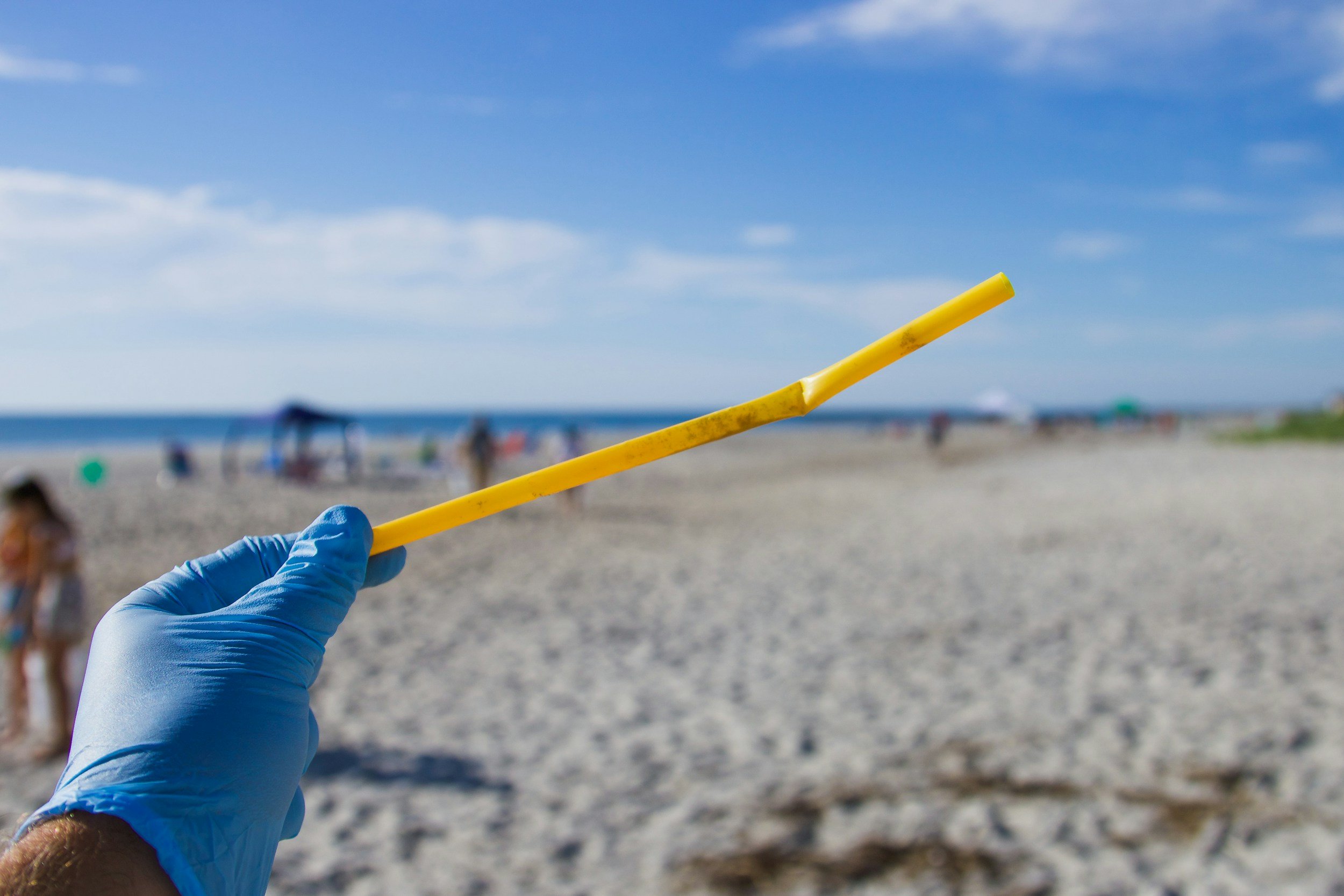
Plastic Waste:
Rethinking Single-Use Culture
Plastic waste contributes to climate change, harms ecosystems, and impacts human health
“Recycling plastic is not enough. We need to reduce our demand for it.”
Madeline Nieto Hope
(WMCA-Waste and Consumption Lead)
The Impact of Plastic Waste
Plastic is a product of fossil fuels, contributing significantly to carbon emissions and pollution. It accumulates in oceans, harms marine life, and breaks down into microplastics that pollute land, water, and air.
Plastics don’t fully decompose, but they break down into tiny pieces through photodegradation—when sunlight makes them brittle and they crumble into microplastics
Despite being labeled as recyclable, less than 10% of plastic waste is recycled. Only plastics #1 (PETE), #2 (HDPE), and #5 (PP) have reliable markets for recycling in West Marin.
The Truth About Recycling Plastic
The plastic industry has led us to believe that by adding the triangular recycling sign to all plastic products, it can be easily recycled. This is false.
Unlike glass, metal, or paper, plastic is not a closed-loop material. It can only be recycled once or twice before ending up in a landfill or the environment. Bioplastics are also not recyclable or compostable in West Marin’s system. The solution lies in reducing and reusing plastic, not relying solely on recycling.
How We Are Leading The Way
Take Action
Reduce Your Plastic Waste






